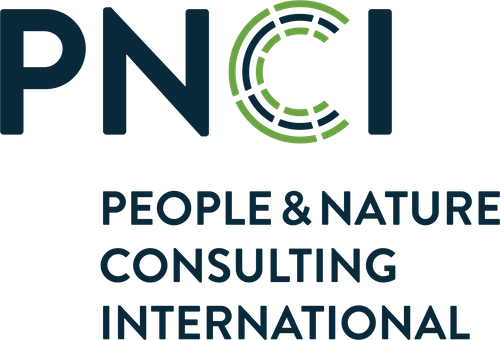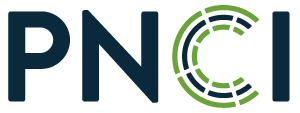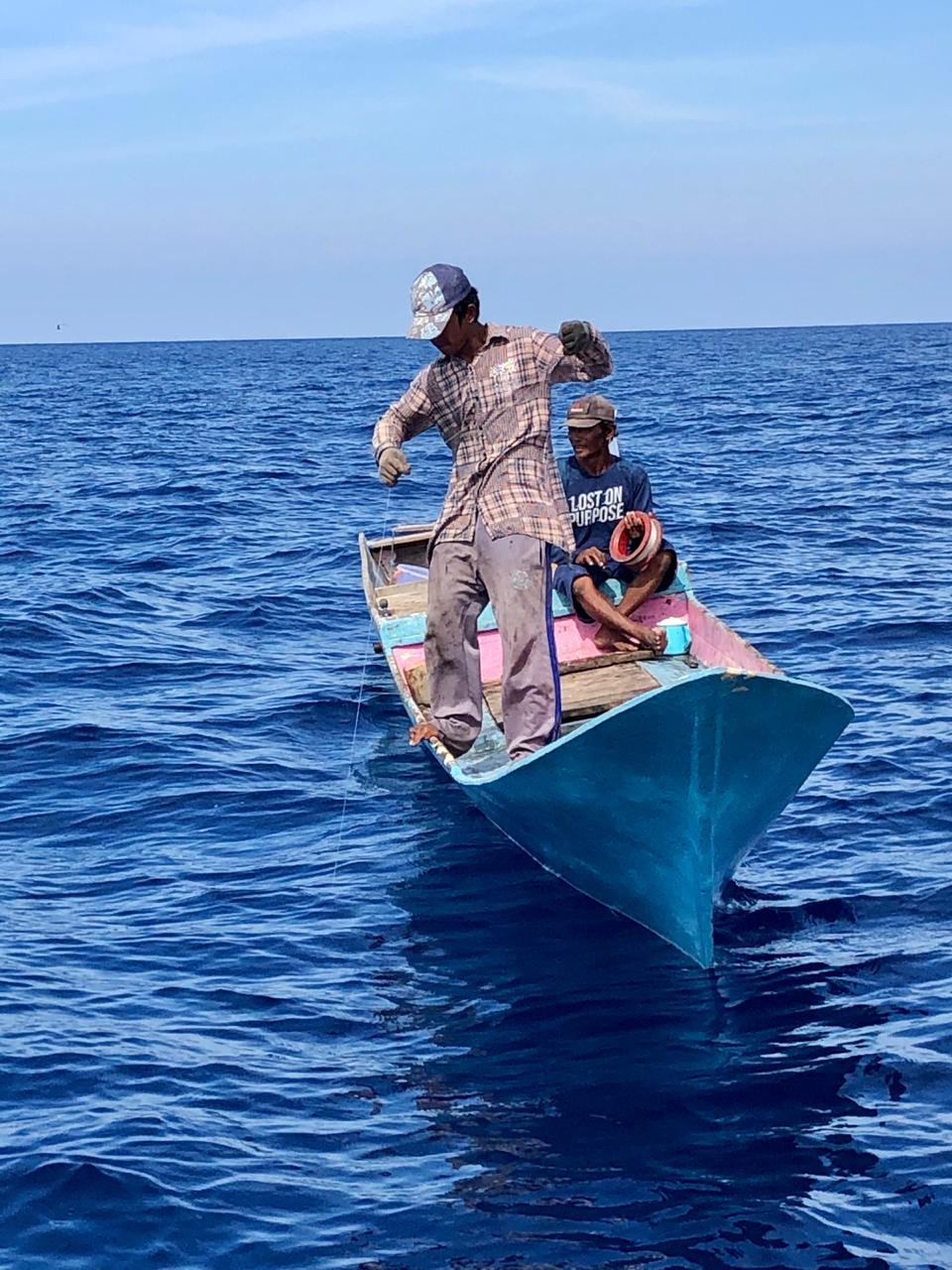
Our Projects
Catlin Seaview Survey
Dominic Bryant was able to participate as one of the Catlin Oceans Scholars at the University of Queensland’s Global Change Institute (GCI) in the Catlin Seaview Survey.
Dominic’s research earned him his PhD under direction of leading climate change and coral reef scientist, Professor Ove Hoegh-Guldberg. Dominic had the opportunity to travel and study the Caribbean, the Maldives and the Coral Triangle in the Indo-Pacific region. The Catlin Seaview Survey is a global coral reef survey which aims to reveal the world’s coral reefs in high resolution 360° panoramic images.
The Catlin Group is a global re-insurance company who believes they need to understand how current and future risks to our climate and populations could change the future of insurance. In sponsoring the Seaview Survey, they recognise how important coral reefs are to coastal communities and how important it is to measure change with a scientifically appropriate method.
The GCI is situated within UQ’s St Lucia Campus, inside a “living building” designed to work with the environment to save energy and reduce emissions. The UQ in Australia is one of the leading research institutions in the world, and is committed to the sustainability of the world’s research through its research and learning practices. The GCI is a multi-disciplinary research institute focused on finding solutions to the challenge of global change in four key areas: food security and land use, healthy oceans, renewable energy, and transforming policy, institutions and society.
Check out this blog.
PT Hatfield Indonesia (PTHI)
To provide senior technical guidance and mentorship for the Marine and Coastal Development business unit including proposal development, project delivery and capacity building
To provide senior technical guidance and mentorship for the Marine and Coastal Development business unit including proposal development, project delivery and capacity building
Lead: Lida Pet-Soede
Hatfield is a pioneer in the field of environmental services in Indonesia, with our first local office established in 1990 in Bogor, West Java. PT Hatfield Indonesia (PTHI) currently employs over 50 staff in Indonesia. PTHI provides local expertise and capacity, and supports our clients with a team of local and international multi-disciplinary specialists with more than 30 years of accumulated regional experience. Hatfield provides a range of environmental services in Indonesia to sectors including fisheries and aquaculture, forestry, infrastructure, international development, mining and exploration, oil and gas, renewable energy, and pulp and paper sectors. Hatfield’s work in Southeast Asia began in the 1980s with an aquaculture project in Thailand and has since completed numerous projects for clients throughout the region including in Vietnam, Cambodia, Lao PDR, Thailand, Myanmar, Malaysia, the Philippines, China, and Indonesia.
PTHI engages Lida Pet-Soede to provide senior technical guidance and mentorship for the Marine and Coastal Development business unit including proposal development, project delivery and capacity building – the latter within the business unit and company - to ensure technical quality, budgets, scheduling, resourcing, and client liaison for projects and the development of new opportunities of mutual benefit.
FAO
Consultant monitoring control and surveillance
Consultant Monitoring Control and Surveillance.
Lead: Lida Pet-Soede
Within the framework of FAO’s global capacity development program to assist States in strengthening national policy and legislative frameworks and in enhancing national means and competencies to combat illegal, unregulated and unreported (IUU) fishing through port State measures (PSMs) and related instruments, guidelines, mechanisms and tools, the following tasks were implemented:
a comprehensive analysis of the implementation of the PSMA in the (1) Asia and (2) the Pacific regions based on the questionnaires sent out to countries;
analysis with aspects of how countries in the two regions meet their flag, coastal and market State responsibilities in complying with the relevant international agreements to analyze the broader readiness in the region to effectively implement measures to combat IUU fishing; and
provision of an overview of existing initiatives and mechanisms for regional information-sharing and cooperation and analyze these in their effectiveness to support the implementation of the PSMA.
Partnerships in Environmental Management for the Seas of East Asia (PEMSEA)
International Consultant for the Arafura and Timor Seas Ecosystem Action Phase 2 (ATSEA 2) Regional Governance Mechanism, and national consultations
International Consultant for the Arafura and Timor Seas Ecosystem Action Phase 2 (ATSEA 2) Regional Governance Mechanism, and national consultations.
Lead: Lida Pet-Soede
ATSEA-2 is the 2nd phase of the GEF-financed, UNDP-supported ATSEA program, and is designed to enhance regional collaboration and coordination in the Arafura and Timor Seas (ATS) region covering Australia, Indonesia, Papua New Guinea (PNG), and Timor-Leste. In support of the strengthening of ATS regional governance, a regional assessment was conducted by Lida Pet-Soede, which provided recommendations on the design of the regional governance mechanism (RGM) and stakeholder partnership forum (SPF) for the ATS region. Regional consultations on the proposed arrangements recommended the conduct of further in-country consultations and consensus-building for the most viable regional mechanism model, for presentation to the 3rd Regional Steering Committee Meeting on 6-7 December 2021. Under the guidance of the Regional Project Manager and in close cooperation with the Policy and Result-based Management Specialist, the consultant was responsible for presenting the results of and recommendations from the regional governance assessment in country level consultations in Australia, Indonesia, PNG and Timor-Leste. The work included:
Preparation of a workshop design and agenda/program for a national consultation workshop on the Regional Governance Mechanism and Stakeholder Partnership Forum, to be organized in collaboration in three of the four ATS countries.
Preparation of appropriate workshop materials, including presentations and discussion guides/ exercises that will facilitate active feedback, inputs and recommendations from the participants for the review, refinement, consensus-building and adoption of the proposed models and arrangements. Customize workshop materials for each country as may be needed to facilitate understanding of the proposed models and exchange of ideas.
Deliver the presentations, address questions on the proposed regional governance and SPF models, facilitate effective discussions, and draw out concrete recommendations from the workshop that will help advance the development, establishment and operation of the Regional Governance Mechanism and Stakeholder Partnership Forum considering each country's context and review and approval processes.
Provide technical advice/guidance on approaches/strategies to facilitate collaborations and partnerships among the countries and stakeholders in addressing priority transboundary environmental issues in the ATS region as needed and appropriate.
Provide a summary of recommendations from the consultation workshop in each country for the reference of others in carrying on the national and regional consultation and review processes.
The Coral Triangle Center (CTC)
Banda Islands Deep-Water Snapper Fisheries Pilot Project
Banda Islands Deep-Water Snapper Fisheries Pilot Project.
Lead: Jos S. Pet
The Coral Triangle Center (CTC) is a foundation based in Bali, Indonesia, with a regional scope and local focus at demonstration sites in Indonesia. The CTC works closely with coastal communities, the private sector, governments, and non-governmental organization (NGO) partners, to strengthen marine resource management in the Coral Triangle. An important part of this work focusses on the sustainability of resource use in coastal marine ecosystems at pilot project sites, including the Banda Islands. In cooperation with MMAF and partners, the CTC implements a capacity development program that covers a range of marine and fisheries management issues, with the safeguarding of marine-based livelihoods and food security high on the priority list. CTC staff develop training modules and curricula, and deliver training on various topics related to sustainable marine resource use, MPA management, and sustainable fisheries.
CTC contracted PNCI for 2 years to support their Banda Pilot project. This project includes the design of a deep-water snapper fisheries monitoring program for the Banda Islands, which will be based on an initial frame survey that will include mapping of the full complexity of the local fisheries. Besides the complete fleet structure, the deep demersal fishing grounds will also be mapped, to enable later discussions on the development of a TURF-RESERVE management plan that includes a component of effort regulation within TURFs. A sample of around 25 individual fishers with their boats will be selected to represent the total fleet and to collect the image-based data for stock assessment. Participating fishers will be trained in the data collecting with cameras and measuring boards, while they will carry GPS tracking devices on board to collect data on fishing positions. Capacity will be developed at the CTC to analyse images provided by participating fishers, through implementation of a target species ID training program that will include participants from local fishing communities, fisheries management institutions, CTC staff and other stakeholders as deemed appropriate. Capacity will also be developed at the CTC to maintain (or participate in outsourced maintenance) of a size-based stock assessment program for the Banda Islands deep demersal fisheries.
TNC/YKAN
Provide a technical team in support of development and implementation of The Nature Conservancy Indonesia Fisheries Conservation Program.
Provide a technical team in support of development and implementation of The Nature Conservancy Indonesia Fisheries Conservation Program.
Lead: Jos S. Pet
The TNC Indonesia Fisheries Conservation Program (TNC IFCP) was established in 2014. It is part of the TNC Indonesia Program, which has its headquarters in Jakarta, Indonesia. In Indonesia, The Nature Conservancy works in partnership with the Ministry of Marine Affairs and Fisheries. TNC IFCP is funded by private foundations, most of which are based in the United States. TNC IFCP has a long-term commitment to sustainability of Indonesia's marine capture fisheries.
TNC IFCP works with Indonesian fishing companies, fishing communities, and government agencies on management systems where fishers have secure and controlled access to fisheries resources. The TNC program also helps Indonesian fishing companies and fishing communities to innovate for better traceability, and works with research institutions in Indonesia and beyond to apply state-of-the-art methods for data-poor stock assessment.
There are three components of the TNC Indonesia Fisheries Conservation Program:
the Timor Sea deepslope demersal fishery,
Lesser Sunda islands tuna fishery, and
Rote and Sumbawa nearshore TURF/ reserves.
All of the different components put a strong emphasis on collaboration through data collection and data sharing, and a strong emphasis on private-sector driven initiatives. The programs aim to address the main problem, overfishing, due to too many boats. The focus of the program is on rebuilding of fish stocks through improved management based on size-based stock assessments.
International Animal Rescue Foundation - UK
Assessment of opportunities and needs to align organizational and institutional elements of IAR’s Indonesian subsidiary – YIARI so that, as a peoples organization the team and organization can excel.
Assessment of opportunities and needs to align organizational and institutional elements of IAR’s Indonesian subsidiary – YIARI so that, as a peoples organization the team and organization can excel.
Lead: Lida Pet-Soede
YIARI has enjoyed steady organic growth over almost 20 years, and there has been a significant change to the structure since 2019 related to the purchase of a forest concession – home to a population of 1000 orangutans. The board of YIARI identified the need for a review of organizational effectiveness with the overarching objective to strategically advancing the organization.
The tasks were implemented by two consultants during three phases: an orientation phase, a consultation phase, and the analysis and reporting phase. The last phase purposefully included both analysis as well as reporting, as this phase involved facilitated co-creation of recommendations by senior leadership.
As lead specialist, Lida Pet-Soede gathered information through meetings and virtual consultations with senior management team members and key corporate partners of YIARI. Also, she was responsible for structuring the information and on evaluating the usefulness of information gathered. She has been the point person for all coordination with the YIARI senior leadership team and responsible for analysis and presentation of results. As co-lead, Wawan Ridwan applied his knowledge and expertise mostly to gather and to organize information from a selection of YIARI government and other partners.
People of Asia for Climate Solutions (PACS)
Coaching and consulting support.
Coaching and consulting support
Lead: Lida Pet-Soede
Nonprofit Builder is a capacity building platform for nonprofits. It brings together nonprofits, the foundations that fund them, and the experts/consultants who provide capacity building services.
During a period of 6 months, Dr. Lida Pet-Soede assisted the CEO and founder of PACS, to revise the existing multi-year strategy, describe it in a document, that includes a resource development plan. This document will enhance PACS’s ability towards effective generation of envisioned impact of PACS’s strategy in two ways:
Co-creation of this document served the founder in multiple ways as described below, but mainly it helped to strengthen PACS’s focus.
As the CEO will take elements of the strategy document to both an internal as well as an external audience, it will provide existing and potential new supporters of PACs with clarity about PAC’s value.
The process involved bi-monthly meetings with PACS CEO to discuss key elements of effective organizations. The consultant reviewed several documents provided about PACS work and identified topics for each discussion. During the weekly meetings, the CEO was facilitated to articulate revised elements of PACS strategy to enhance clarity regards alignment with potential supporter and financiers’ interests.
International consultant for Mid-Term Review WCS-Melanesia
Scaling up marine protected areas in Melanesia for biodiversity conservation, food security and livelihoods.
Scaling up marine protected areas in Melanesia for biodiversity conservation, food security and livelihoods
Lead: Lida Pet-Soede
The Blue Action Fund contracted Lida Pet-Soede as Technical Project Evaluator for the Asia-Pacific Region, to conduct a mid-term review of one of their grantees. The review objectives included to:
Undertake a comprehensive analysis of the Project’s implemented measures and activities and assess its progress and achievements.
Analyse underlying causes for Project delays or challenges to achieve objectives.
Propose suitable measures to improve Project performance and enhance future implementation. This might include adjustments to the Project design and recommendations on how to shift the budget.
Ensure that the evaluation results are accepted by the grantee and help them implement the remaining part of the Project.
Inform Blue Action about the state of the Project and support Blue Action’s Board to make a decision about potential follow-up work.
The review was conducted between late November 2020 and January 31, 2021. This review provides an opportunity to reflect on the implementation and achieved results and to take away lessons learned for the second half of Project implementation. The review included a desktop study, virtual consultations, a structured analysis, and several virtual meetings including Focus Group Discussions. A draft version of the report was shared to facilitate an assessment of the level and details of consensus and deviation among evaluator and grantee, and feedback generated through that process was used to make adjustments to the final report.



